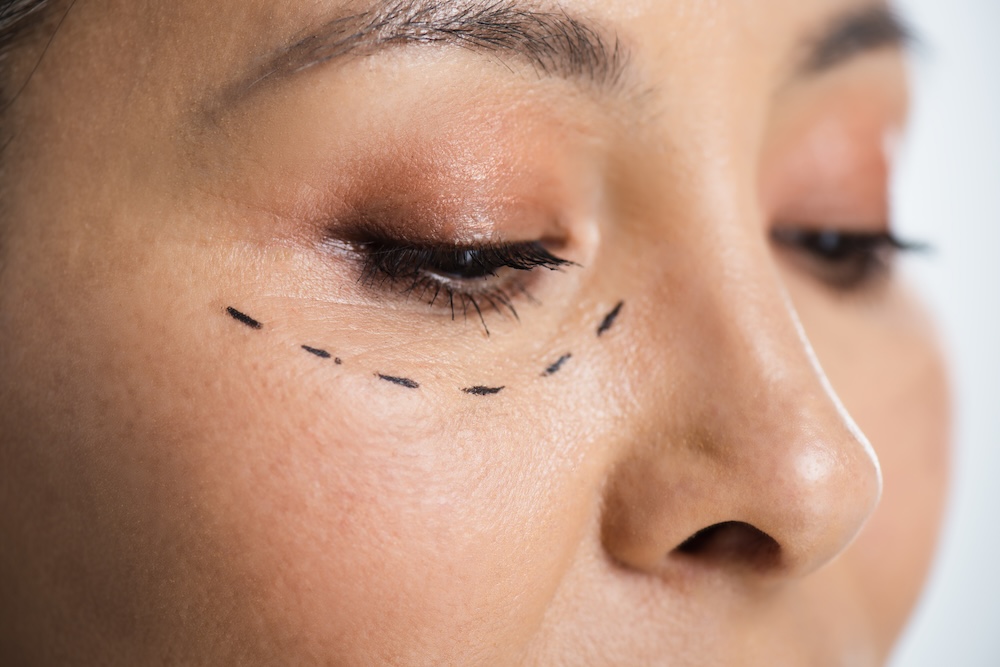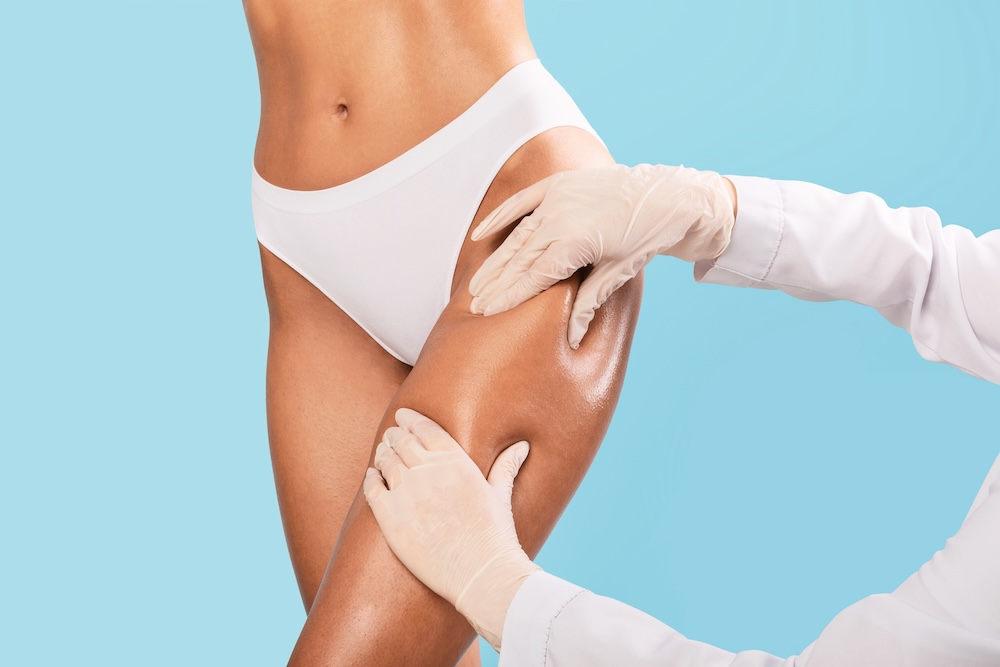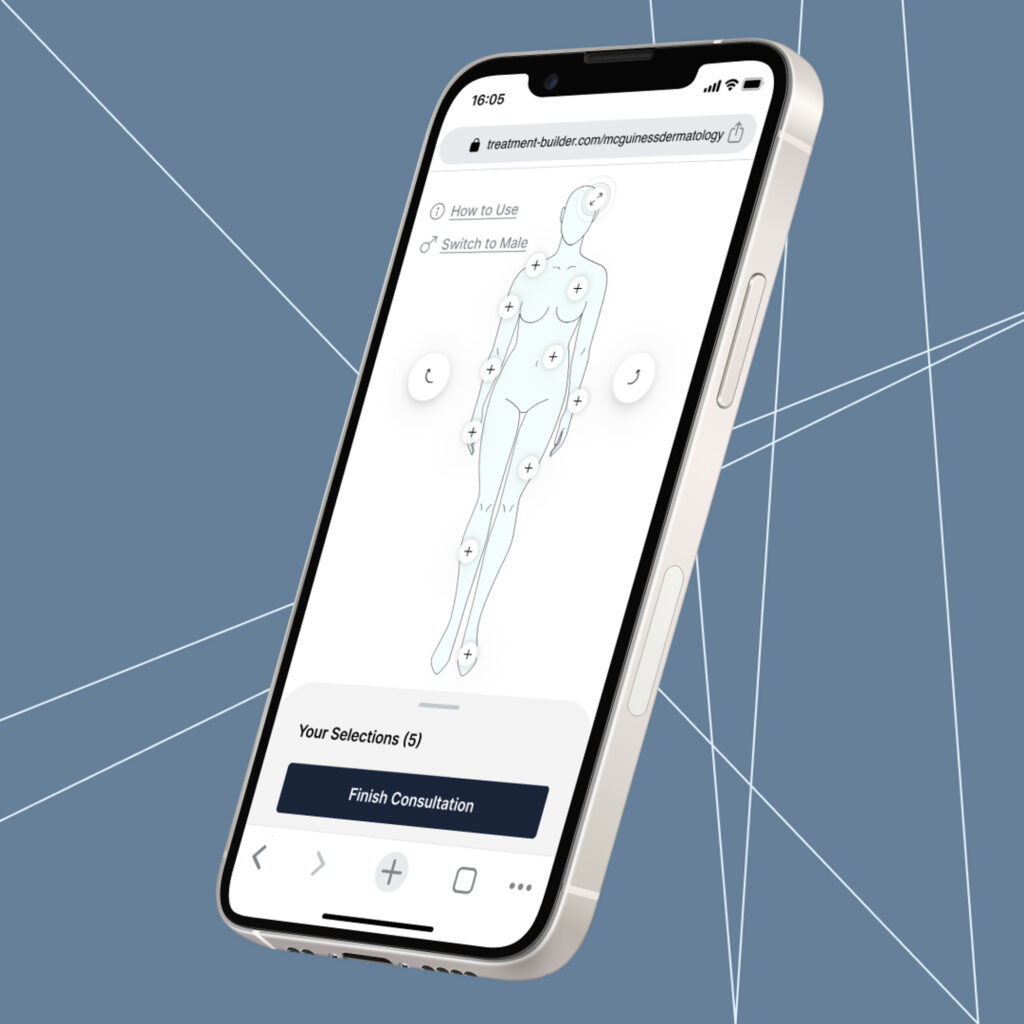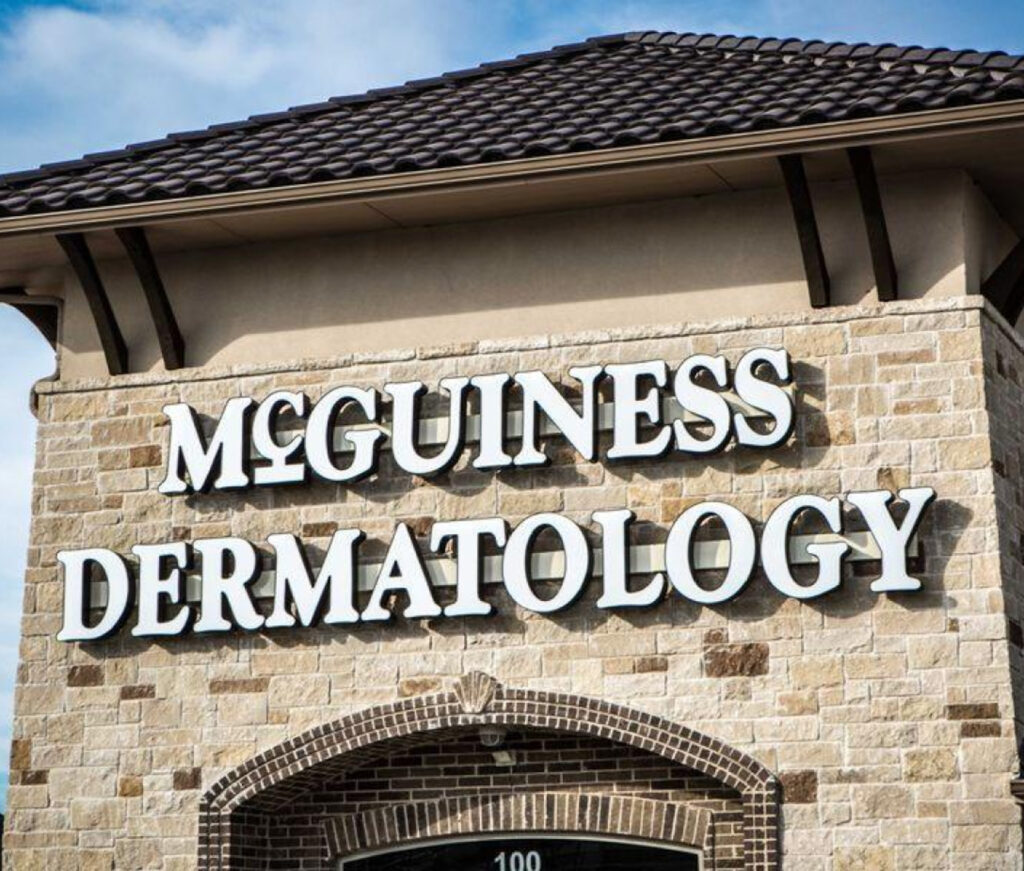
You see a lot of doctors in your life: if you are pregnant, you see your OB/GYN. For high blood pressure, a cold, or a fever, you rely on your primary care physician. For matters related to your thyroid or diabetes, you see an endocrinologist. All of these doctors specialize in specific areas of the body to optimize your health and prevent various diseases.
With years of dedicated training in skin health, a dermatologist is your go-to for skin concerns.
Your skin is the largest organ in your body, providing a protective barrier between external threats like bacteria, harmful UV radiation, and infection.
If your skin protects your organs, then what protects your skin? That’s something to ask your dermatologist in Plano who specializes in preventative care and optimizing skin health. Through a range of comprehensive dermatology services, a dermatologist can detect, diagnose, and treat your skin condition.
To learn more about the importance of dermatology, and the services offered at McGuiness Dermatology & Plastic Surgery, read this blog.
The Importance of Dermatology
You look at your skin daily, but do you inspect it closely and understand the significance of every mark? Patients come to McGuiness for aesthetic and medical reasons related to their skin.
Dermatology For Medical Conditions
Your skin provides more than just protection. For a dermatologist, it provides an external indication of your internal health. Acne, discoloration, and rashes can show signs of hormonal imbalances, blood circulation issues, and lymes disease, among other medical conditions.
Skin cancer remains one of the most common cancers in the United States. Although common, it’s also very treatable, especially if caught early on. Annual dermatologist visits could be life-saving for this dangerous condition. However, if you have a history of skin cancer or precancerous moles, we recommend coming in twice a year or quarterly.
Dermatology For Aesthetics and Confidence
Dermatological problems like eczema, rosacea, and acne can also cause physical discomfort and low self-esteem, negatively impacting your quality of life.
Dermatologists understand the relationship between mental health and your appearance. In a recent study, 58% of respondents claimed they had experienced social anxiety due to having bad skin. Additionally, 61% claimed to skip social events altogether because of their insecurities.
If you want to look good and feel good, our dermatologists can help you achieve that, while understanding your body inside and out.
But not all dermatologists are the same. Finding a board-certified dermatologist guarantees that you will receive comprehensive consultations and proper diagnoses.
Meet Dr. Michael McGuiness
Dr. Michael McGuiness, the owner and founder of McGuinness Dermatology and Plastic Surgery, is a board-certified dermatologist with over 20 years of experience helping patients resolve issues with their skin.
Board certification means that your dermatologist completed over a decade of training, including:
- Bachelor’s degree
- 4 years of medical school
- 1 year-long internship in medicine
- 3 years of dermatology residency
Along with Dr. McGuiness, the rest of the dermatologists on our team also hold board certification to diagnose and treat your skin-related concerns.
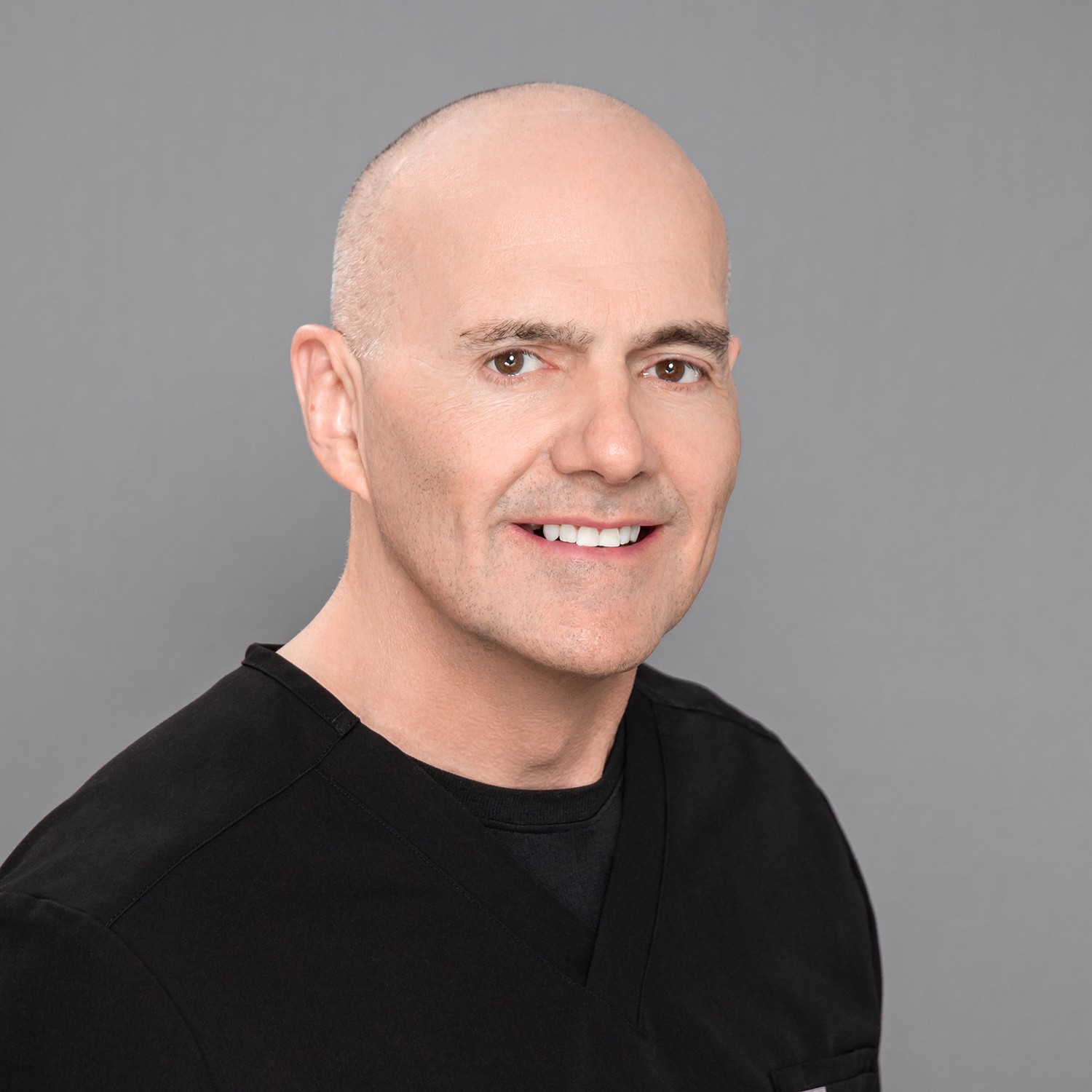
You can see a dermatologist in Plano or in other areas throughout Texas like Frisco, Prosper, Richardson, Flower Mound, and Murphy.
Our Services
From persistent conditions like acne to life-threatening concerns like skin cancer, a dermatologist can handle nearly all skin-related needs.
Skin Checks
A skin check addresses a variety of concerns, including:
- Acne
- Moles
- Psoriasis
- Rashes
- Rosacea
- Warts
- Skin Cancer
For your health and peace of mind, we suggest annual or bi-annual skin checks with a dermatologist. Before your skin check, we review your medical and family history of skin cancer, your history of sun and tanning bed exposure, and your current condition.
We understand that a skin check can cause a range of emotions, anxiety being one of them. We connect with you on a personal level, and make sure you feel comfortable in our office. Before we begin the check, we listen to your concerns and address those areas of the body first.
During a skin check, we provide you with a hospital gown and check the following parts of your body for a skin cancer screening:
- Nose
- Cheeks
- Arms
- Back
- Chest
- Legs
- Armpits
- Between your toes
- Genitals
- Scalp
We understand that this may feel uncomfortable, but fortunately, our expert providers only need 10 minutes total to check for skin issues. We provide thorough assessments because skin cancers like melanoma can spread and appear in areas that don’t receive sun exposure and are hard to find through self-examination.
Your dermatologist in Plano can also educate you on precautions to avoid skin cancer, including:
- Wear sunscreen of SPF 30 or higher
- Reapply sunscreen every 2 hours or as needed
- Reduce sun exposure between 10am and 6pm
- Wear protective clothing when you’re outside
These precautions protect your skin from sunburns and skin cancer. Too much time in the sun can lead to photoaging and cellular damage, which happens when UV rays damage the deeper layers of your skin. When left unprotected, the sun can prematurely age your skin, causing wrinkles, loss of elasticity, pigmentation, sun spots, and redness. A dermatologist can properly diagnose photoaging, and guide you to finding the right treatments to prevent further damage.
Mohs Surgery
Early detection of skin cancer through checks enables effective removal via Mohs surgery, restoring healthy skin and life.
Before we begin, we apply a numbing medication so you’re as comfortable as possible. During Mohs surgery, your surgeon marks the spot where the skin cancer appeared. Gradually, they remove a thin layer of skin and examine it under a microscope. Surgeons repeat this process until only cancer-free tissue remains. Depending on the amount of skin we remove, we may require more than 1 numbing injection.
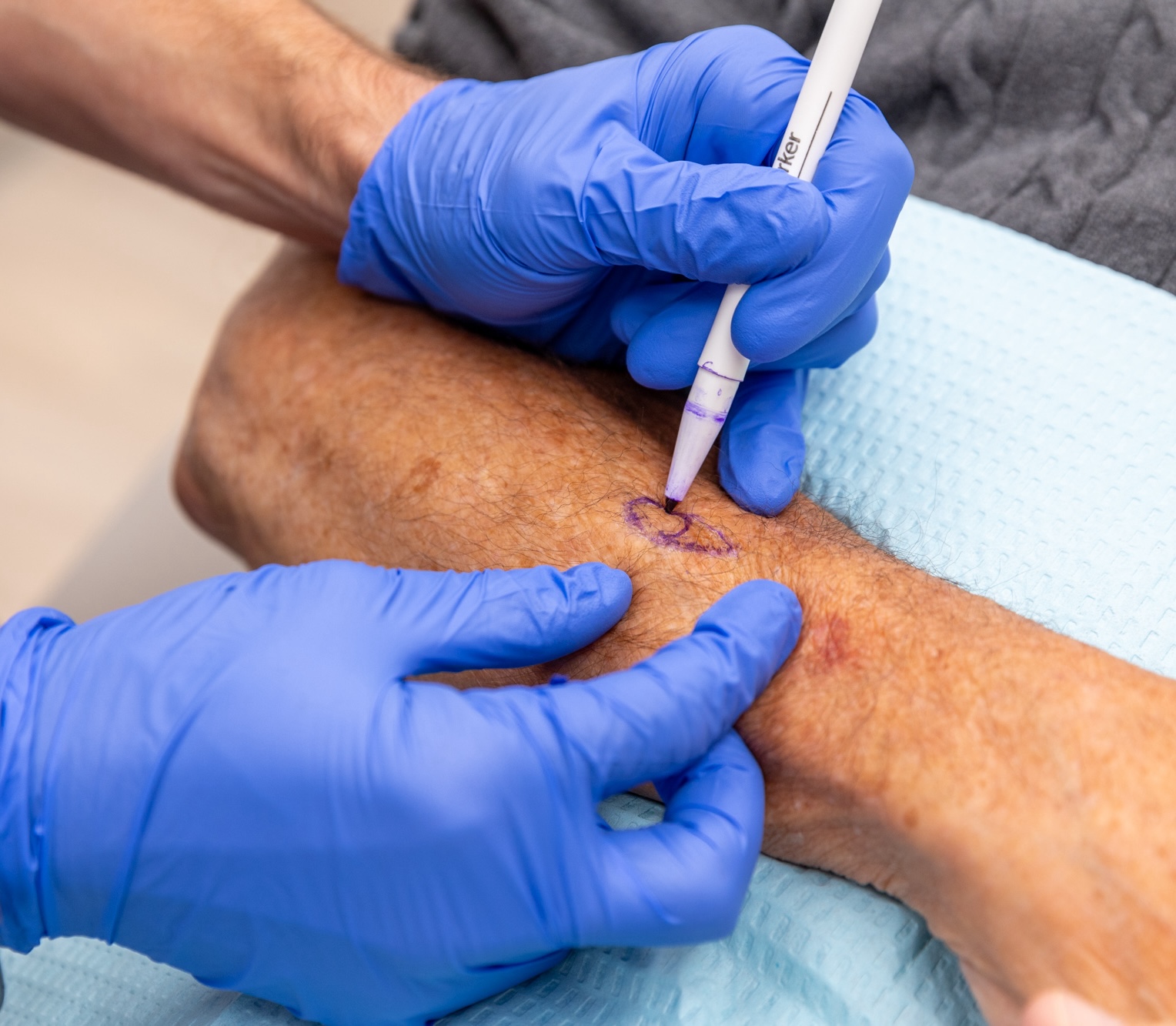
Your dermatologist in Plano can use Mohs surgery to effectively treat the 2 most common types of skin cancer, which include:
- Basal Cell Carcinoma (BCC) – Basal cells are responsible for cell regeneration. Over exposure to sunlight may lead to these cells becoming cancerous, resulting in BCC.
- Squamous Cell Carcinoma (SCC) – Squamous cells make up the middle (dermis) and outer (epidermis) layers of the skin. SCC also results from sun exposure, but is less life-threatening than BCC. It can grow and spread to other parts of the body, causing serious complications.
It’s important to detect these skin cancer types early so we can treat them before complications arise. Here is what to look for:
- Visible pink or red spots
- Pearly or waxy bumps
- A flat brown or flesh-colored scar-like patch
- A flat lesion with a crusty or scaly surface
Although we look for these during your skin check, please contact us immediately upon noticing them yourself for prompt diagnosis.
Lesion Removal and Excision
At McGuiness, we remove more than just skin cancer. We can also excise unwanted masses like the following:
- Skin lesions – Noncancerous areas of skin that are different from the surrounding skin. These can appear as freckles, birthmarks, moles, acne, and skin tags. Although cosmetic, a dermatologist in Plano can analyze skin lesions for underlying conditions like infections or autoimmune diseases.
- Cysts – Abnormal pockets of fluid that can form anywhere in the body, causing pain and swelling. These can form for various reasons, from fluid buildup, a cellular defect, impact injury, or parasites.
- Lipomas – These soft, slow-growing fatty masses are situated between the skin and underlying muscle. Usually, they’re painless, but pressing on them might hurt.
Lesion removal and excision usually take up to 1 hour. During your first appointment, we apply local anesthesia to the treatment area and make incisions to remove the deformities.
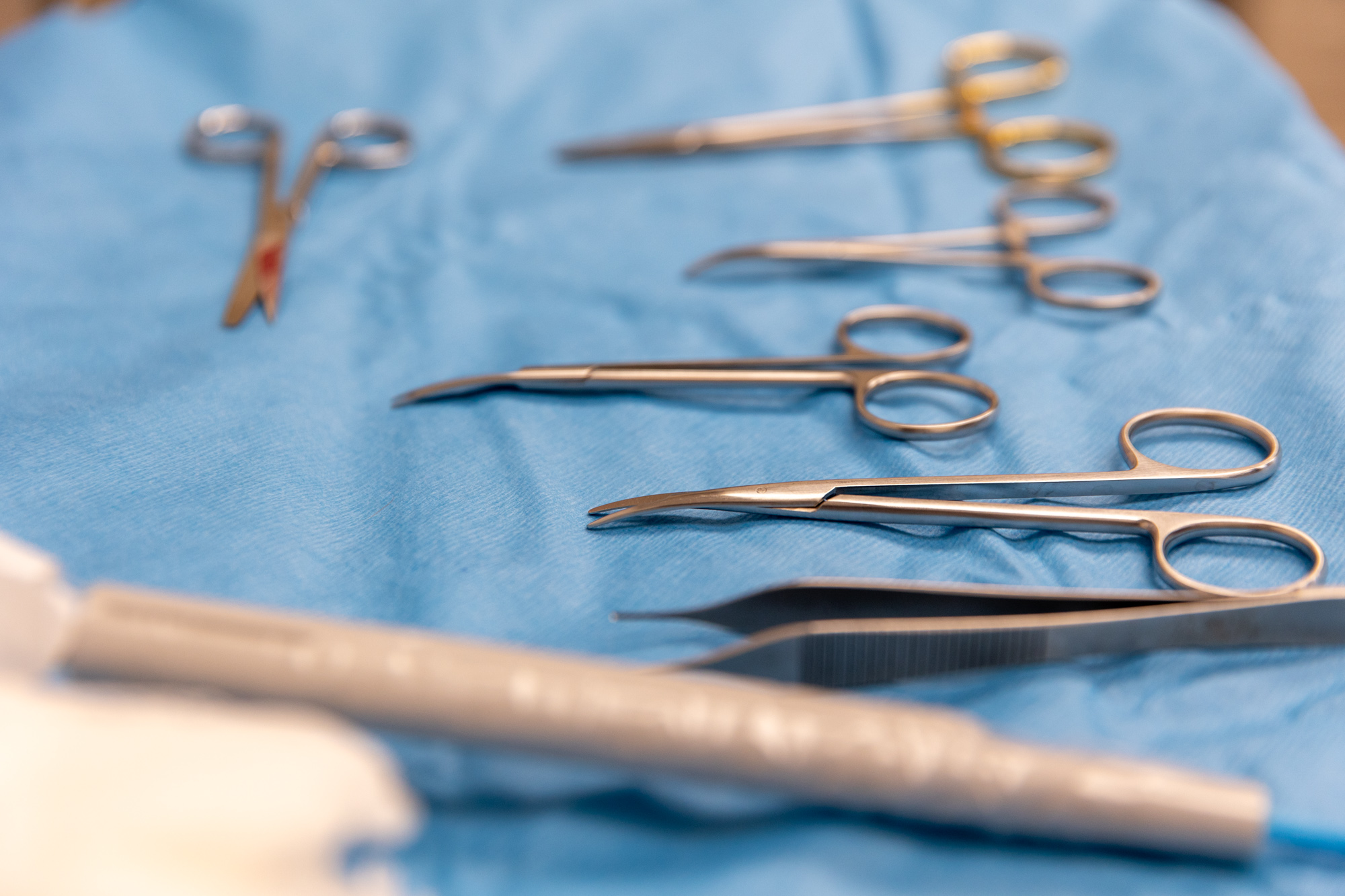
Over the next 1 to 2 weeks, your incisions will gradually heal. We provide you with post-care instructions after the lesion removal that we ask you to follow.
Acne Treatment
Acne happens when the pores of your skin become clogged, creating blockage that produces the following types of pimples:
- Cystic – An inflammatory, pus-filled pimple that forms deep under the skin. Cystic acne results from genetics and hormonal changes causing an overproduction of sebum (oily substance that protects your skin from drying out).
- Fungal – An infection in the hair follicles that causes small, itchy red bumps on the skin. This acne results from damage caused by frequent heat applied to the skin, or touching, rubbing, shaving, plucking, or waxing the hair.
- Comedonal – This acne presents as open (a blackhead) because of dark surface pigmentation, or closed (whitehead) which happens when the follicle is completely blocked. Found mostly on the forehead and chin, comedonal acne can result from poor diet, hormonal changes, smoking, or using dirty cosmetic tools and products.
- Nodular – Only a dermatologist in Plano can treat this severe type of inflammatory acne. Nodular acne begins beneath the skin’s surface, forming hard lumps and knots that emerge as red bumps lacking whiteheads or blackheads. Excessive sweating, hormones, genetics, skincare products, stress, and certain medications (corticosteroids) can cause bacteria that is present on the skin to get trapped inside.
Acne treatments can clear more than just your face. They can also work on other body parts where acne appears, including:
- Chest
- Shoulders
- Upper back
During your 10-minute session, your pimple specialist assesses your skin before discussing your medical history, lifestyle, and diet. After determining the cause of your acne, they find the right treatment for you. These may include topical or oral medications and certain therapies. Your dermatologist may also make lifestyle and dietary adjustment recommendations to prevent further breakouts.
Skin Rash
During a skin consultation, we also examine skin rashes and determine the severity and treatment of it. Rashes change your skin’s appearance, presenting as red, pink, or even silvery white scales. On darker skin tones, they can appear pink, purplish, or white. It’s difficult to self-diagnose a rash. It could be infectious, contagious, or a sign of a serious illness. Finding the cause and the right treatment for a skin rash requires the expertise of a dermatologist in Plano.
About McGuiness Dermatology and Plastic Surgery
You may have noticed that we are more than a dermatology office. We also include plastic surgery, wellness, and aesthetics at our 6 locations across Texas. We understand the relationship between the body’s interconnectedness and how your mental and physical health can impact each other. When you look good, you feel good, and vice versa.
We want to bring comprehensive and exceptional care to your community, helping you revitalize your health, beauty, and wellness. Our services include personalized plans, state-of-the-art treatments, and compassionate care to everyone who walks through our doors.
With surgical and non-surgical options, we provide natural-looking results that can improve your self-esteem and overall quality of life.
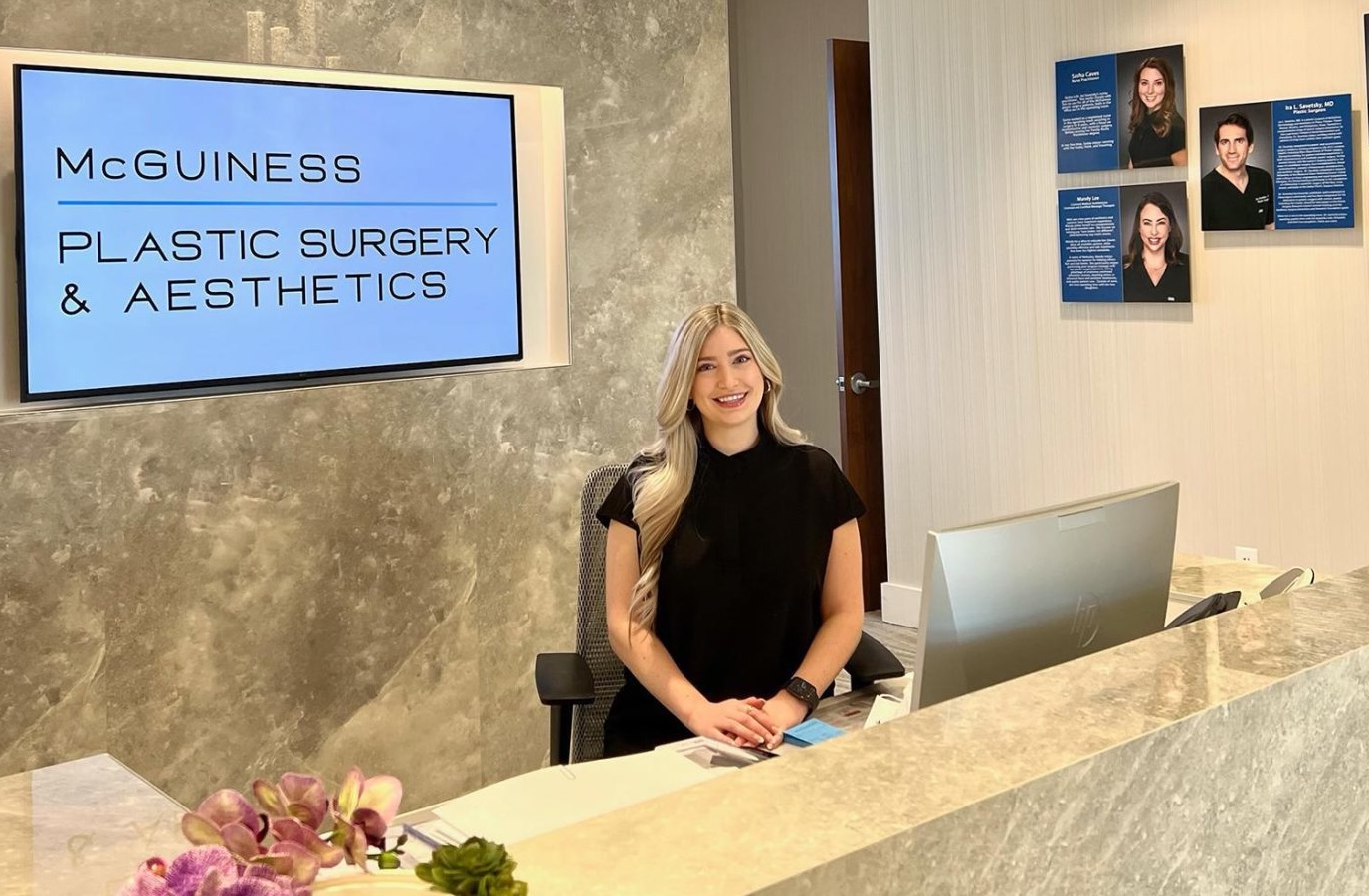
Find Confidence with Your Dermatologist
Dermatology links physical and mental well-being, promoting healthy, glowing skin and overall body health. Starting with a skin check, you can feel at ease knowing that you’re in the care of an expert dermatologist in Plano. To learn more, speak with a member of our team by booking an in-person appointment for a skin consultation.
To start now, try our treatment planning tool. Once we receive your submission, we will reach out with available appointment times and treatment options.

